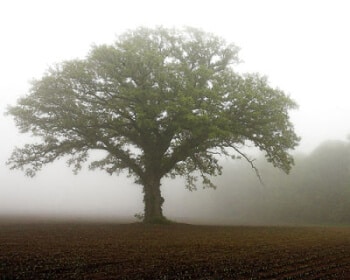
Emily, a freshman at the non-religious school in which I taught, knowing I was a Christian, asked if I would consider helping her begin a “Fellowship of Christian Athletes” group in the school. The school administration consented to the idea as long as we met off property. So we began to meet in someone’s home—about a half block from the school. The group began with a handful of students and in time grew to include almost a fourth of the student body. A “sweet aroma” of Christ’s love began to flow through the school even though there was no active evangelization taking place. Students from Jewish, Hindu, Muslim, as well as Christian backgrounds were impacted by the “FCA” group.
What I noticed about our group was that they did not aspire to “take over” the school or impose their beliefs on the school leaders. They had no political bent. The students met to glorify God, pray together, and build up one another as members of Christ’s Body. As I recall the group didn’t even get its picture in the school yearbook.
Jesus describes the Kingdom of God in similar fashion (Luke 13:18-21).
“What is the Kingdom of God like? To what can I compare it? It is like a mustard seed that a man took and planted in the garden. When it was fully grown, it became a large bush and the birds of the sky dwelt in its branches.”
We notice the “small beginnings” associated with a mustard seed. It is so small and insignificant that no one notices it. Then one day it becomes, not a huge impressive tree or an attractive rose bush, but a “large bush.” It does not try to dominate the garden and prove to the other bushes, trees, and flowers how powerful it is. Somehow, however, the birds are attracted to this bush and gravitate to its branches. Do the birds like mustard?
When a person gives her life or his life to Jesus, the seed of the Holy Spirit is planted in them. There is no dramatic change, usually. Little by little, however, the seed grows and becomes a bush in God’s garden. Others are attractive by the “mustard of God’s love,” and want to “hang out” around them.
In our country we are in the middle of an election. Political forces are trying to make power plays so that their “oak tree” can dominate and take charge of the country. It is my experience that these “oak trees” do not attract the birds—these political groups do not send off the “sweet aroma” of Christ’s love and the security of his peace.
The future of the world lies with the mustard bushes that God is growing now more than with the man-made oak trees that are trying to take over the world.
We all belong to parishes—God’s gardens. Each of us is given the power of a mustard seed to grow, to gather others of like mind, and to become a “bush of influence” in our parishes. Our goal is not to take over the parish and tell God how to organize his “garden” but to be a “large bush” where the little ones of the parish can find God’s love and protection.
In my experience with the “FCA” group I saw how a mustard seed, that began with a conversation between Emily and myself, changed the school. I think this was the same strategy Jesus had in mind when he spoke of God’s Kingdom.
“Blessed are you, Father, Lord of heaven and earth; you have revealed to little ones the mysteries of the Kingdom” (Matthew 11:25).
